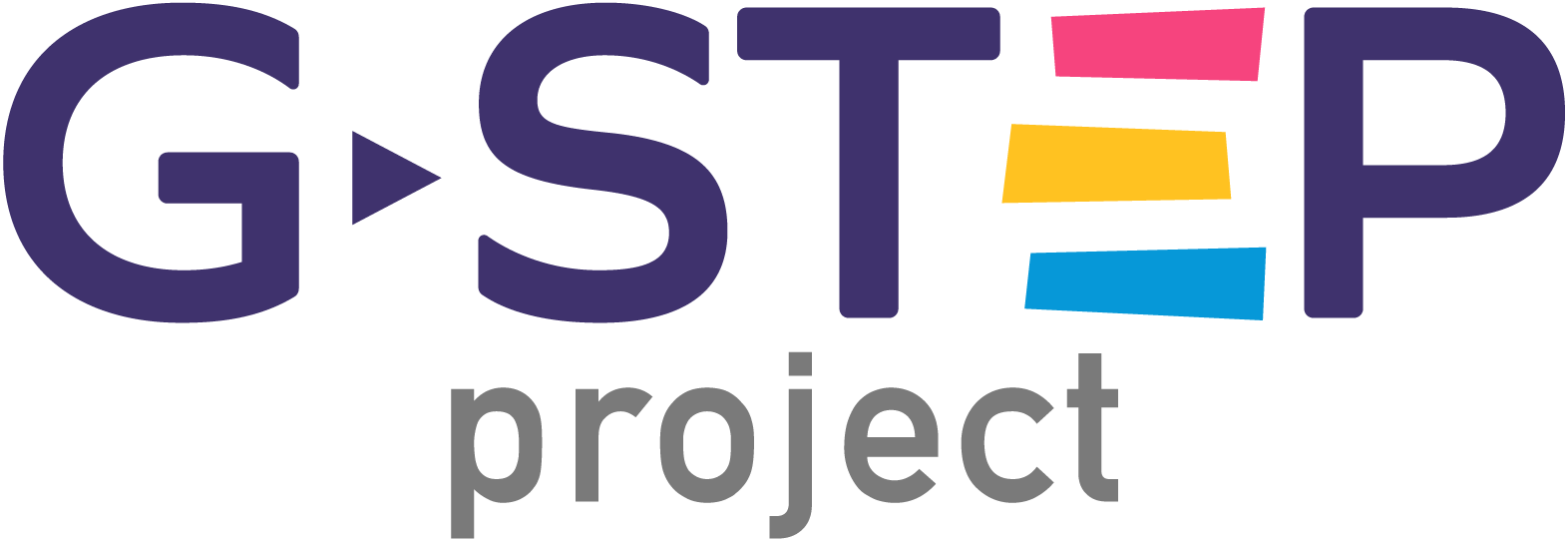Background of the G-STEP Project
What is IVG?
In vitro gametogenesis (IVG) is the attempt to create germ cells such as sperm and eggs from stem cells in a laboratory setting.
Stem cells are cells that have the ability to differentiate into different functional cells in the body. While there are many kinds of stem cells, one example is the use of induced pluripotent stem cells (iPS cells), which are created by reprogramming somatic cells in the body back into pluripotent stem cells. In the case of IVG, skin or other somatic cells could be reprogrammed into iPS cells, which could then be reprogrammed into sperm or eggs.
There is a long history of IVG research in animals, with the announcement of the successful production of sperm and eggs in mice in 2011 and 2012, respectively. More recently, a paper was published in 2023 on the successful generation of eggs from male mouse iPS cells. Research on human cells is also being carried out.
IVG and the Mysteries of Germ Cells
The mechanisms behind the formation of germ cells (e.g. sperm and eggs) are largely unexplored areas for humankind. Because these cells are formed in the body through an extremely complex process over a long period of time, it has long been considered difficult to replicate these processes in the laboratory.
IVG research is attempting to unravel this mystery. It is expected that progress in basic IVG research will advance our understanding of the mechanisms of germ cell development and any abnormalities that may occur during the formation process. This is expected to not only advance our understandings of life phenomena, but also increase our knowledge of mechanisms of infertility and provide useful knowledge for assisted reproductive medicine.
Potential Applications of IVG
At this point in time, IVG technologies have not been well established, and the creation of viable and high-quality sperm and eggs in both animals and humans is not yet possible. However, in the case that it does become a possibility, IVG may be applied to the following areas:
- The conservation of endangered species
- Livestock production
- Fertility treatment.
That’s right, if viable human sperm and eggs can be safely reproduced, there is a possibility that IVG may be used for medical purposes such as fertility treatment. Although we may think that this is still a long way off, the pace of technological development often moves faster than we imagine, and the possibilities of IVG research may not be too far ahead.
Ethical, Legal, and Societal Issues (ELSI) of IVG Research
Before proceeding with the implementation and application of IVG, it is essential to consider the implications of IVG research on society based on a wide variety of perspectives.
For example, you may have thought while you were reading:
- Will creating a human being using an artificial technique such as the reprogramming of pluripotent stem cells become acceptable in the future?
- If medical applications become possible in the future, for what purposes and to what extent should we allow it?
- Can the research be conducted appropriately without “rogue behaviors" by scientists and researchers? In other words, what kind of research methods can be trusted in society, and what kind of rules are necessary for such research to proceed?
Questions such as these are referred to as "ethical, legal, and societal issues”, or ELSI.
The Aims of the G-STEP Project
The G-STEP project aims to consider the aforementioned ELSI related issues with a diverse range of stakeholders and propose necessary rules and regulations.
Methods include qualitative interviews and web-based questionnaire surveys (Q-sort method)on the opinions and perspectives of patients and the public. Based on the results obtained, we plan to summarize necessary measures for ELSI related issues and make recommendations regarding necessary rules and regulations.
Thinking Together with Patients and The Public, Leading Researchers, and Experts in Reproduce Medicine
We conduct our research together with patients and public partners. Specifically, a public involvement panel will be established to regularly exchange opinions on how to proceed with our research within the G-STEP project. We also plan to hold symposiums and public seminars on our progress, with the aim of further sharing information and exchanging opinions with the public.
The G-STEP project is led by a diverse team of researchers, including world leading scientists in IVG research, experts in reproductive medicine, and researchers in the ELSI field.
